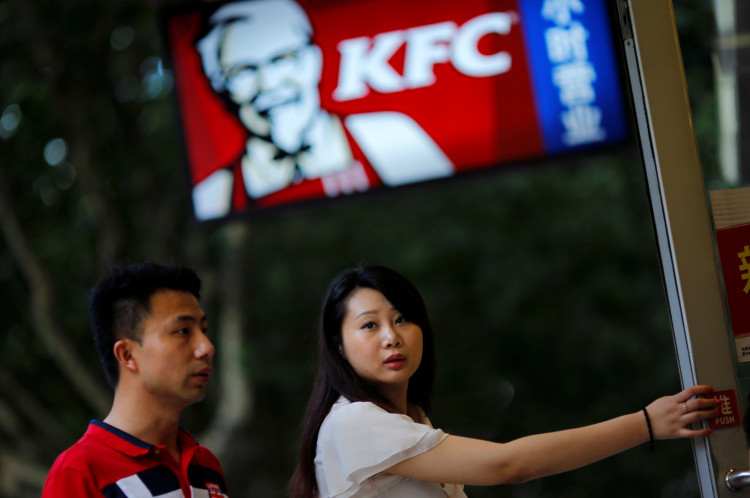KFC, an American fast food chain with operations in many parts of the world, is memorializing Lei Feng, a popular Chinese Communist hero in its restaurant in the province of Hunan. The food chain launched the "Lei Feng Spirit", wherein the restaurant is decorated with memorabilia of his deeds, ahead of the official remembrance day for the soldier who died at the age of 21 in 1962. KFC's advertisement strategy is an unusual pair as an American brand commemorates a communist hero.
Mao Zedong, China's former leader, popularized the heroism of Lei in 1963 which continued to be an example of selfless service and a symbol of party unity and public service. His critics questions the facts proves his alleged good deeds as they claim that they were based on accounts in a diary that was reportedly found after he died. The critics also questioned some of the mementos circulating about his good deeds that include high-quality photos that show his deeds like patching-up his fellow soldiers' socks, studying the works of Mao by candlelight, and shoveling manure to help the community.
The American fast-food chain decorated its restaurant in the provincial capital of Changsha with the works and image of the hero. Yum China, originally part of the Yum Brands, runs KFC in China. The company became a target of criticism from nationalistic Chinese while the tension between the United States and China grows. Its revenue, however, showed that it is unaffected by the current trade war between the two nations.
He Min, a general manager for KFC's Hunan region, said that Lei Feng has been the role model for generations of Chinese. As the KFC outlet in his hometown, they will spare no effort to promote his spirit. The company also plans to promote Lei Feng's spirit in its over 250 outlets in the province and it encourages its staff to learn from the role model.
The Lei Feng day is annually celebrated in China by doing acts of public service that includes clearing garbage, and visiting the elderly. Le Feng's memory was revived more than a decade ago to stir support for the party from the younger generation who were born after the abandonment of the orthodox Marxism in the 1980s and the success of the government to end pro-democracy protests in Beijing's Tiananmen Square in 1989.
The image of the hero is being celebrated in the country by promoting good deeds, television specials, and smartphone apps.





